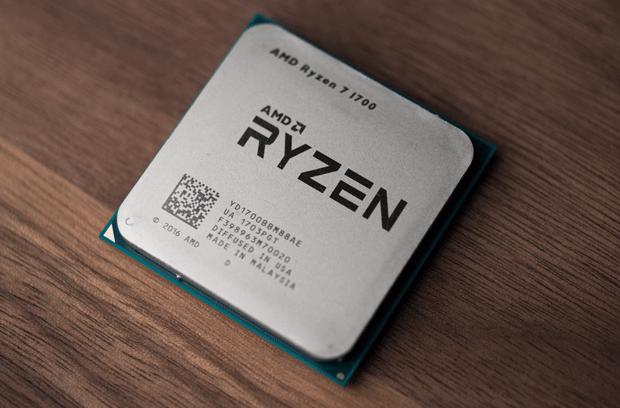After Intel, AMD Ryzen-powered Linux workstations are also getting the much-needed performance boost with version 4.10 of Linux Kernel. The new fix optimizes multithreading performance and focuses primarily on Turbo boost – adding the required efficiency for encoding files faster and making a snappier workstation.

The update offers better-multithreaded performance on CPUs where the Kernel identifies the cores correctly. It comes from three different commits, or changes to the code, which tweak the way the kernel identifies threads and physical cores to enable proper multithreading in the OS.
What changes In Ryzen With This Fix?
In January, a commit altered some code to fix multithreading in Bulldozer-based CPUs. The fix attempted to give each core its own identifier, while earlier code treated each thread as if it were its own core. While the fix worked, it created latency due to thread siblings not being paired correctly. It compromised efficiency as the threads had to go to an inconvenient core to fetch resources when an easier one was available,
However, a fix pushed in February reverted the code and reduced the latency. It assigned threads to the core that had a sibling — that is, a thread that uses the same resources — running on it.
But, Zen CPUs were still broken because it provided thread ID info differently. Fixing this, the latest update checks if the CPU belongs to the Zen architecture. Then, it divides the number of reported cores by the number of siblings per compute unit to get the exact number of cores. Finally, it enables Simultaneous Multithreading work with the threads to meet the performance standards.
Just like Intel’s top-end Kaby lake chipsets, it delivers much-improved multi-threaded performance, supporting quicker encoding and processing.
